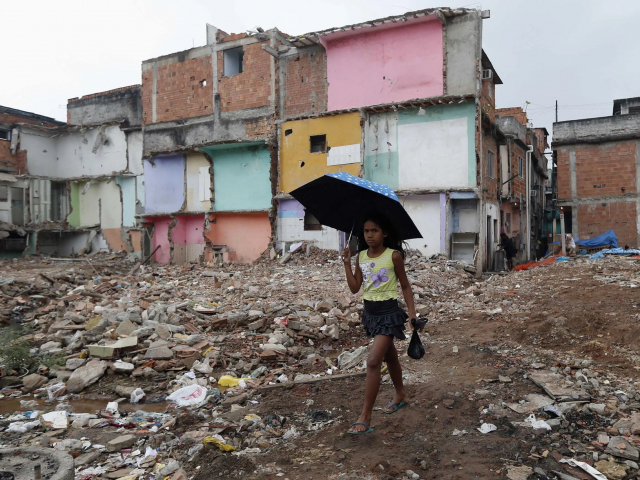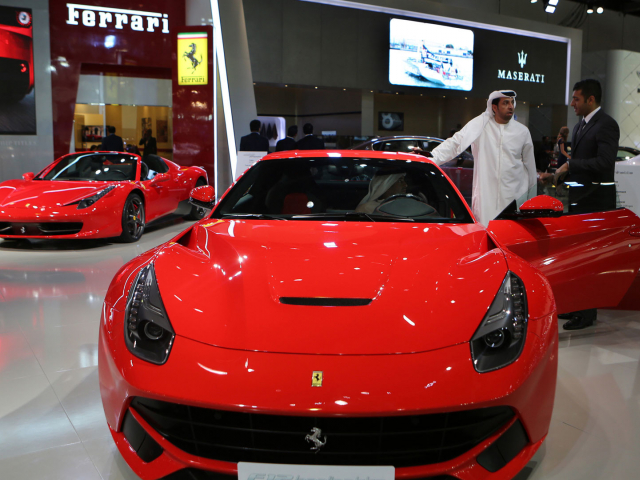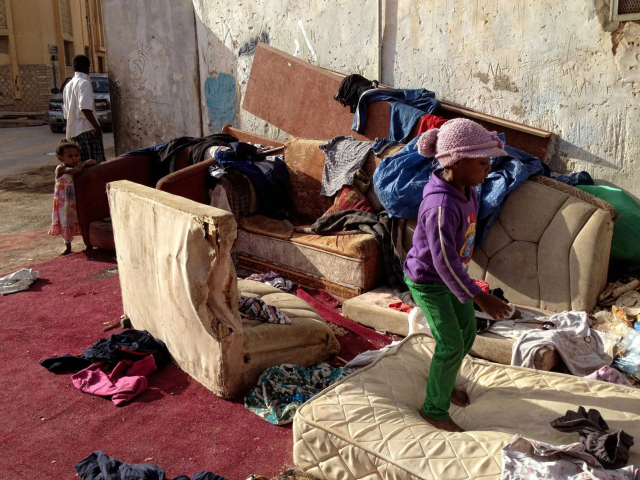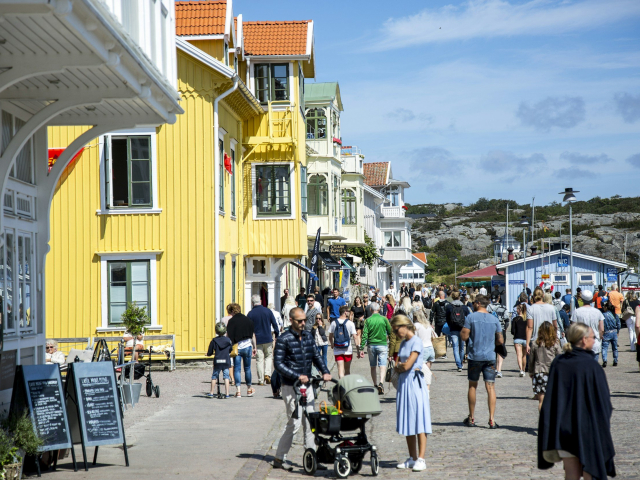South Africa
South Africa ranks first in the world for economic inequality, with a Gini coefficient of 82. Despite being one of Africa’s most developed economies, the legacy of apartheid continues to affect the distribution of wealth. A small elite controls considerable wealth, while a large portion of the population struggles with poverty. High unemployment exacerbates the gap between the rich and the poor.
Brazil
With a Gini index of 81, Brazil holds the second spot for economic inequality. The roots of this imbalance date back to the colonial era when the elite controlled most of the country’s land. Although local authorities have made significant strides in reducing poverty in recent years, the income gap remains substantial. As a result, most Brazilians still lack access to quality education, healthcare, and other social services.
United Arab Emirates
The UAE ranks third in terms of inequality, with a Gini index of 77. The country's wealth, largely derived from oil and gas revenues, shows a stark contrast between the high incomes of the local elite and the difficult conditions faced by foreign workers. Low-paid migrants, who make up a significant portion of the population, have limited opportunities for financial advancement, which only deepens the gap in living standards across different social groups.
Saudi Arabia
Saudi Arabia shares third place with the UAE, also holding a Gini index of 77, indicating a significant level of inequality in wealth distribution. Despite rapid economic growth and an ambitious government modernization program, most of the country’s wealth remains concentrated in the hands of a few. Efforts to diversify the economy have yet to address this imbalance, leaving many citizens outside the realm of new opportunities and with limited access to economic benefits.
Sweden
Sweden, known for its strong social safety nets and stable economy, has surprisingly made it onto the list of countries with high inequality, with a Gini coefficient of 75. In recent years, the income gap has widened, driven by the deregulation of financial markets and an increase in the wealth of the richest citizens. Despite a continuing social protection system, the growing affluence of the upper class has amplified the contrast, slowly eroding Sweden’s image as a model of equality and fairness.
United States
The United States ranks fifth with a Gini index of 75, alongside Sweden, reflecting a high level of economic inequality. The wealthiest Americans continue to control a significant portion of the nation’s capital, while the middle and lower classes face stagnant income growth. The primary causes of this divide are wage stagnation, the weakening of labor unions, and tax benefits for the wealthy.
India
With a Gini index of 73, India ranks fifth in the world in terms of economic inequality. Despite rapid economic growth and the emergence of a middle class, wealth in India remains highly unequal. Unfortunately, this rapid development has only enriched the upper echelons of society, while millions continue to live below the poverty line, lacking basic opportunities for a quality life.
-
Grand Choice
Contest by
InstaForexInstaForex always strives to help you
fulfill your biggest dreams.JOIN CONTEST -
Chancy DepositDeposit your account with $3,000 and get $10000 more!
In January we raffle $10000 within the Chancy Deposit campaign!
Get a chance to win by depositing $3,000 to a trading account. Having fulfilled this condition, you become a campaign participant.JOIN CONTEST -
Trade Wise, Win DeviceTop up your account with at least $500, sign up for the contest, and get a chance to win mobile devices.JOIN CONTEST






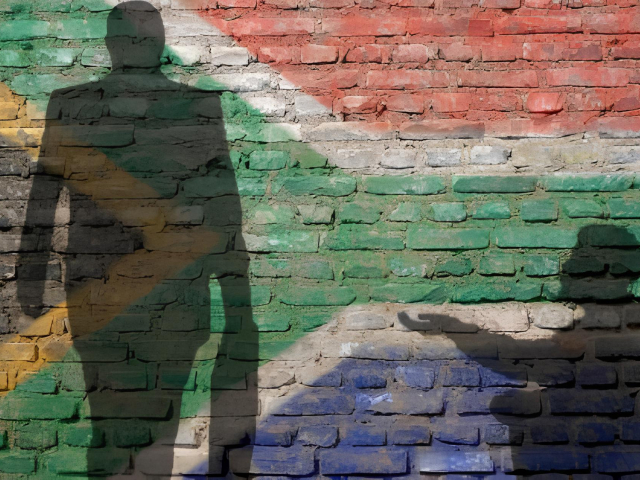
 561
561 7
7